Reverse domain name hijacking (RDNH) is the filing of an UDRP arbitration complaint in bad faith, that is where the complainant knows that there is no basis in fact for the complainant’s claim.
If the UDRP panel finds that the complainant is guilty of RDNH, the panel will dismiss the complaint and will make findings that the complainant has filed the complaint in bad faith and is guilty of RDNH.
Unfortunately, at the present time, there is no authority in an UDRP panel to impose any penalties directly on a complainant who files a UDRP complaint in bad faith. All that the panel can do is make clear in its findings that the complainant has acted in bad faith and that the complaint should never have been filed. In other words, all that is at stake for a bad actor-complainant in the UDRP proceeding itself is the potential loss of face and reputation.,
However, RDNH is a violation of the Anti-Cybersquatting Consumer Protection Act (ACPA), and so a domain name owner who is successful in a UDRP arbitration proceeding as a result of the complainant’s actions found by the panel to be RDNH can sue the complainant in federal court under the ACPA. Possible penalties in federal court for such a filing could be as much as $100,000.
The bottom line is this: if another party is infringing upon your trademark rights with respect to a domain name registration and you have a good faith basis for a UDRP arbitration complaint, don’t hesitate to go forward. But you must do your due diligence in order to make sure you have a good faith basis for your claim. Otherwise, you may find yourself on the receiving end of a dressing down by a UDRP panel and later on the receiving end of an award of damages in federal court under the ACPA.
